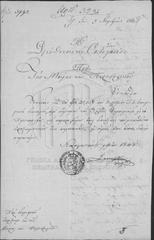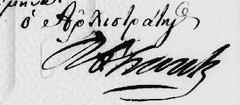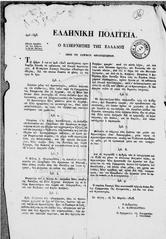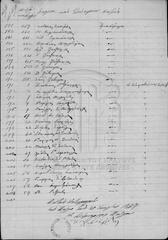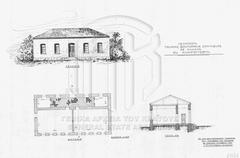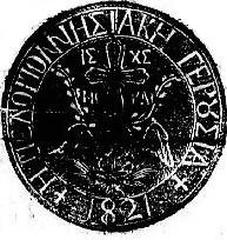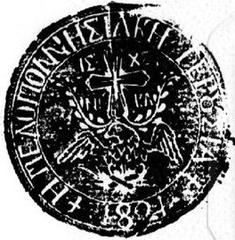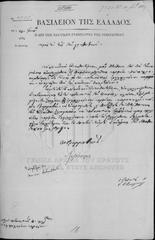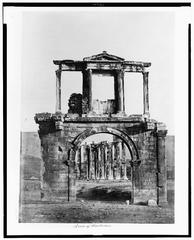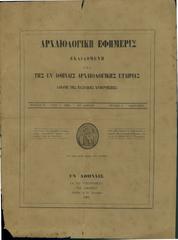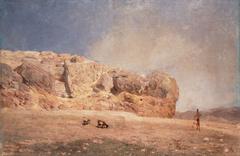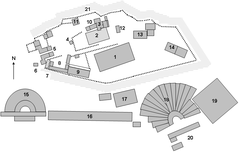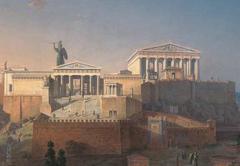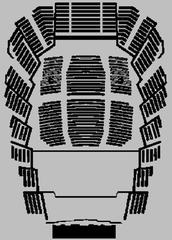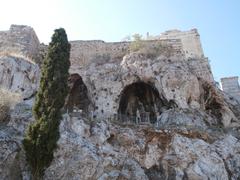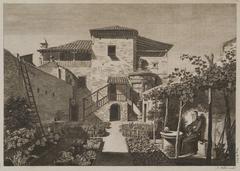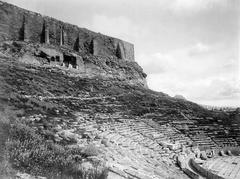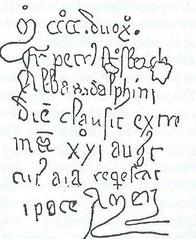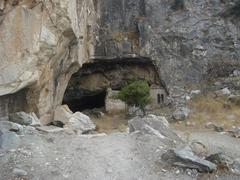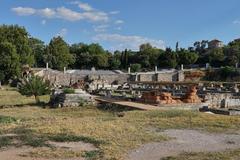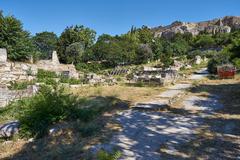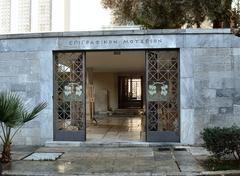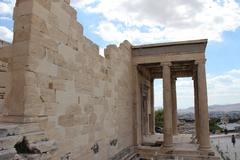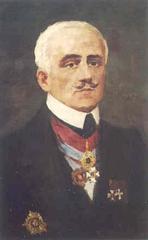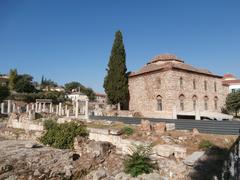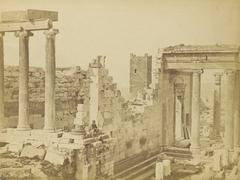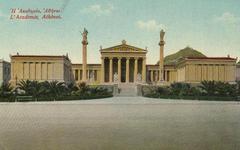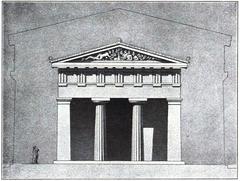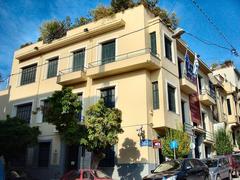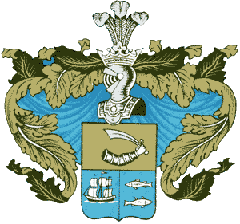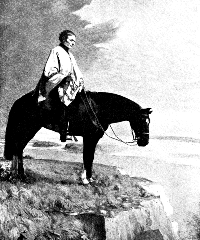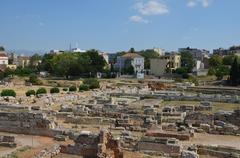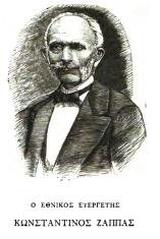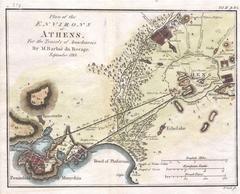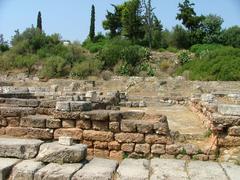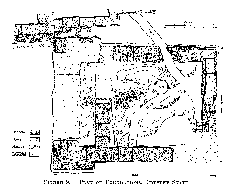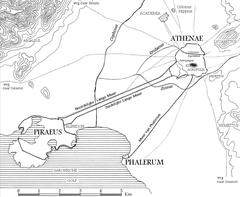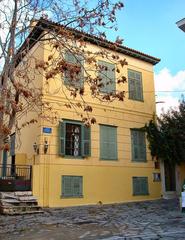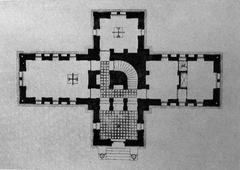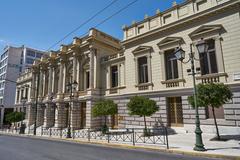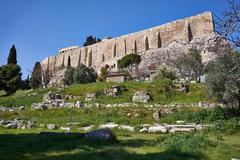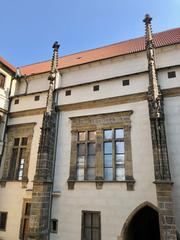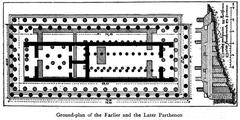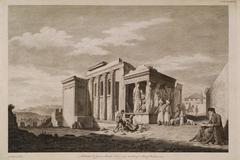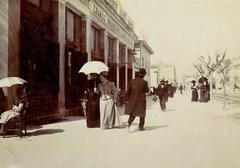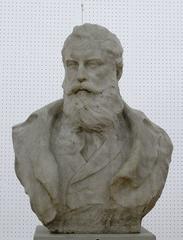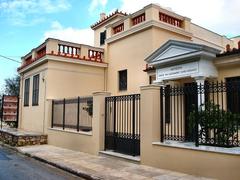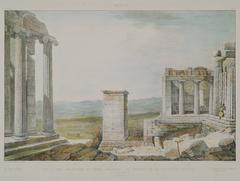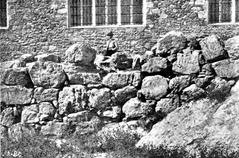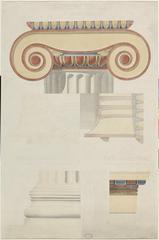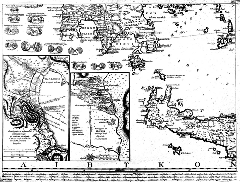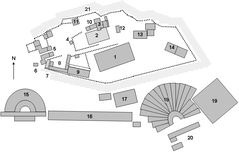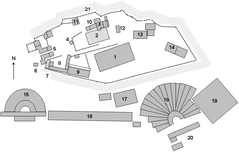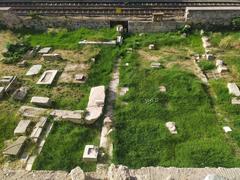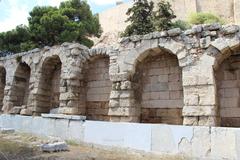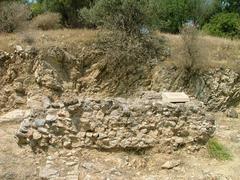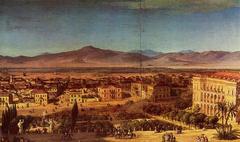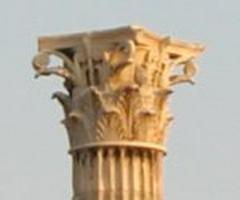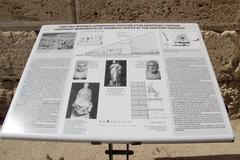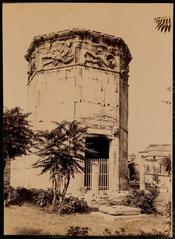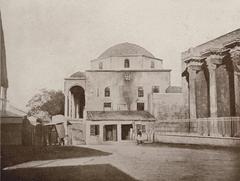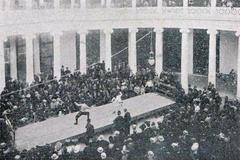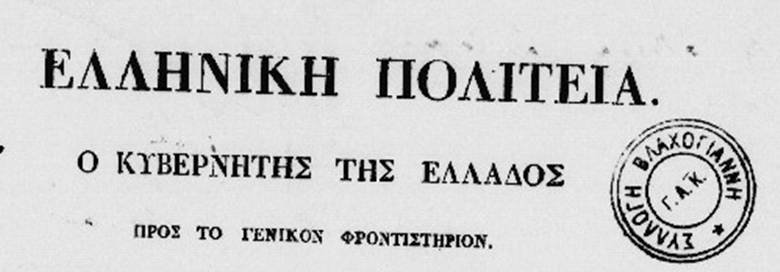
General State Archives Athens: Visiting Hours, Tickets, and Historical Sites Guide
Date: 14/06/2025
Introduction to the General State Archives of Athens
The General State Archives (GAK) in Athens stand as Greece’s foremost institution for the preservation of national documentary heritage. Founded in 1914 through the vision of Eleftherios Venizelos and historian Giannis Vlachogiannis, the GAK serves as the guardian of the nation’s institutional memory, safeguarding records that chronicle Greece’s complex historical journey. Located in the suburb of Psychiko, the GAK is not only a repository of government and administrative documents but also a dynamic research center that welcomes historians, genealogists, students, and the general public.
The Archives are housed in a modern facility that balances the need for document preservation with accessibility and comfort. With free admission, extensive reading rooms, and a robust digitization initiative underway, the GAK is an essential destination for those interested in Greek history and archival research. This guide offers a detailed overview of practical visitor information, the institution’s history and collections, and tips for making the most of your visit.
For more information, consult the official General State Archives website and reputable sources such as ekathimerini.com and the Bodossaki Foundation.
Table of Contents
- Introduction
- Visiting the General State Archives: Essential Information
- History and Institutional Evolution
- Social, Cultural, and Economic Impact
- Architectural Features and Facilities
- Collections Overview
- Practical Visitor Information
- Visitor Services and Accessibility
- FAQs
- Nearby Attractions
- Conclusion and Call to Action
- References and Official Links
Visiting the General State Archives: Essential Information
Location and Access
- Address: Dafnis 61, P.O. 154 52, Psychiko, Athens, Greece
- How to Get There: Accessible by metro (Line 3, then local bus to Psychiko), taxi, or car. The building is signposted and located in a tranquil suburb.
Opening Hours and Admission
- Hours: Monday to Friday, 8:00 AM – 3:00 PM
- Closed: Weekends and Greek public holidays
- Admission: Free for all visitors; no tickets required
Registration and Entry
- All visitors must register with a valid photo ID (passport or national ID).
- First-time visitors complete a brief registration form; returning visitors sign in.
- Bags and coats are stored in lockers; only pencils, laptops, and notepads are allowed in reading rooms.
History and Institutional Evolution
The GAK was established in 1914, later than many other European state archives, reflecting Greece’s turbulent modern history and the absence of an entrenched archival tradition. Early challenges included limited resources and a lack of public awareness. Over time, the GAK expanded its scope from government records to include documents of social, cultural, and genealogical value (ekathimerini.com).
A major setback occurred in 1989 when over 17 million police security files, documenting political activities from 1920 to 1974, were destroyed, erasing crucial evidence of state surveillance (ekathimerini.com). Despite such losses, the GAK has played a central role in commemorative events and public education, highlighting its commitment to transparency and public engagement.
The institution has continuously modernized, embracing digitization and expanding digital access to its collections. A major EU-funded project aims to digitize 55 million pages by late 2025, making the GAK’s resources more accessible than ever (Ekathimerini).
Social, Cultural, and Economic Impact
The GAK supports not only governmental transparency but also family history research and cultural tourism. Genealogists and members of the Greek diaspora can trace roots through digitized archives (hellenicgenealogygeek.blogspot.com). The institution also preserves sensitive records related to adoption, migration, and political persecution, aiding individuals seeking personal closure.
The economic impact is notable, with cultural and archival tourism contributing millions to the local economy (archive.org). Educational outreach, including collaborations with schools and universities, promotes historical literacy and civic engagement.
Architectural Features and Facilities
Modern Design and Visitor Comfort
- Facility: Purpose-built, completed in 2003 with significant support from the Bodossaki Foundation
- Size: 7,000 square meters, with three underground levels for archival storage and above-ground reading rooms with natural light (EHRI Project)
- Accessibility: Ramps, elevators, and bilingual (Greek/English) signage ensure easy access for all visitors
Reading Room and Library
- Capacity: Seats up to 70, equipped with microfilm readers, computer workstations, and outlets at every table
- Library: Extensive reference materials on Greek history and archival science, open to all researchers
Digital Infrastructure
- Digitization: EU-funded project for scanning 55 million pages (Ekathimerini)
- Research Support: Free Wi-Fi, photocopying/scanning services with permission, and professional reference assistance
Security and Preservation
- Systems: State-of-the-art climate control, fire suppression, and strict access protocols protect the collections
Collections Overview
Holdings
- Government Documents: Ministries, secretariats, and public agencies since 1829 (EHRI Project)
- Historical Archives: Manuscripts from periods such as the War of Independence, World Wars, and National Assemblies
- Personal Papers: Donated by prominent Greeks, including first director Yiannis Vlachogiannis
- Regional Holdings: Subsidiary archives across Greece, including unique records from the Ionian Islands and Crete (Ithacan Historical Society)
Noteworthy Collections
- Maps, cadastral surveys, architectural plans, photographs, audiovisual materials, and microfilm/digital archives
Access
- Registration required; catalogs and finding aids in Greek and English
- Increasing digitization means many resources are accessible online (Ekathimerini)
Practical Visitor Information
Visiting Hours
- Monday to Friday: 8:00 AM – 3:00 PM
- Closed: Weekends and public holidays
- Check: Official GAK website for updates or special closures
Admission and Tickets
- Entry: Free; no tickets required
- Fees: May apply for document reproduction or special services
Guided Tours and Events
- Available periodically and by appointment; contact the archives for details
Photography Policy
- Non-flash photography for personal research use allowed; professional photography requires permission
Getting There
- Accessible via metro (Line 3 to central Athens, then bus), taxi, or car
Visitor Tips
- Bring photo ID for registration
- Contact in advance if seeking specific materials
- Dress comfortably; no on-site café, so plan meal breaks externally
Visitor Services and Accessibility
- Reading Rooms: Quiet, climate-controlled, with Wi-Fi and power outlets
- Language Support: Staff speak English; signage is bilingual
- Accessibility: Ramps, elevators, and accessible restrooms
- Remote Research: Requests can be submitted by mail, fax, or email (FamilySearch wiki)
FAQs
Q: Is there an admission fee or need for tickets?
A: Admission is free; no tickets required.
Q: Are guided tours offered?
A: Yes, during special events or by appointment.
Q: Can I take photographs?
A: Non-flash, personal research photography is allowed; professional photography needs permission.
Q: Is the GAK building accessible?
A: Yes, fully accessible for visitors with disabilities.
Q: Are digital resources available?
A: Yes, with ongoing digitization making increasing resources available online.
Nearby Attractions
- National Archaeological Museum
- Athens Academy
- Old Parliament Building
- Psychiko neighborhood: Offers cafes and local shops for a pleasant break
Conclusion and Call to Action
The General State Archives of Athens is a cornerstone of Greek cultural preservation, offering unparalleled access to historical records, modern research facilities, and a welcoming environment for visitors of all backgrounds. Whether you are conducting academic research, exploring your family roots, or simply interested in Greek history, the GAK is an essential stop among Athens’ cultural sites.
To enhance your experience, explore the GAK’s online resources, follow their social media for the latest updates and events, and consider downloading the Audiala app for personalized cultural content and updates. Plan your visit today and connect with Greece’s past in a meaningful way.
References and Official Links for Further Information
- Preserving the Memory of the Future at the General State Archives, 2024, ekathimerini.com (https://www.ekathimerini.com/culture/1254027/preserving-the-memory-of-the-future-at-the-general-state-archives/)
- General State Archives to Scan 55 Mln Pages of Documents, 2024, Ekathimerini (https://www.ekathimerini.com/news/1200866/general-state-archives-to-scan-55-mln-pages-of-documents/)
- General State Archives (GSA) Major Donations, Bodossaki Foundation (https://www.bodossaki.gr/en/our-initiatives/grants/major-donations/general-state-archives-2/)
- Greece Archives and Libraries, FamilySearch Wiki (https://www.familysearch.org/en/wiki/Greece_Archives_and_Libraries)
- Support for Archive of Ithaca, Ithacan Historical Society, 2025 (https://ithacanhistorical.org/news/support-for-archive-02-2025)

